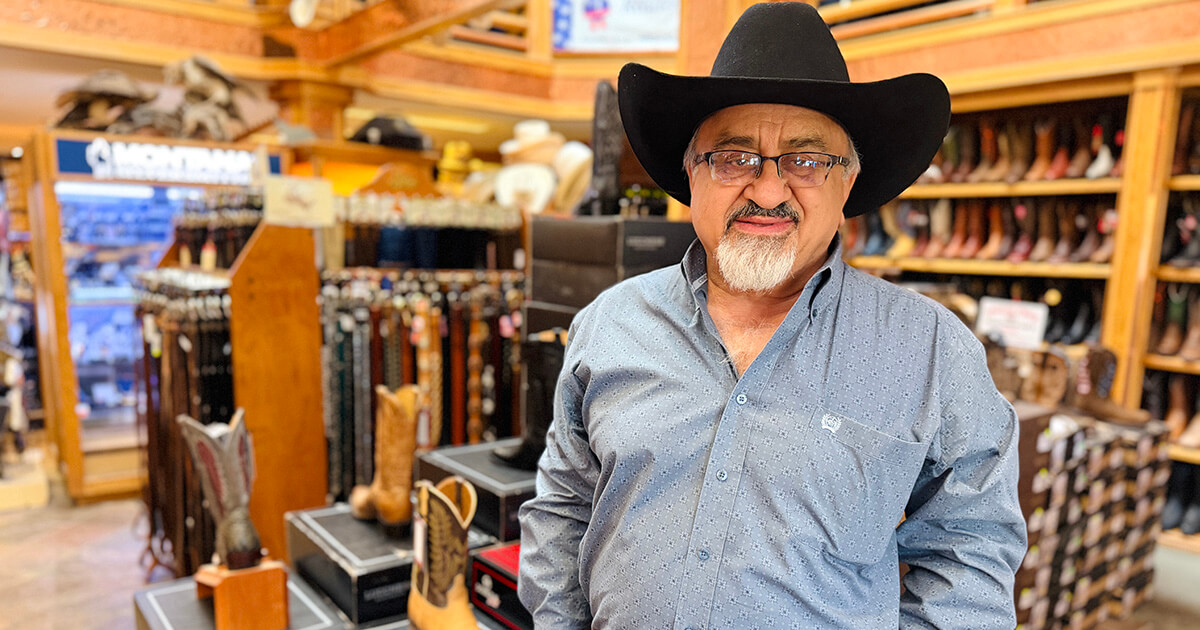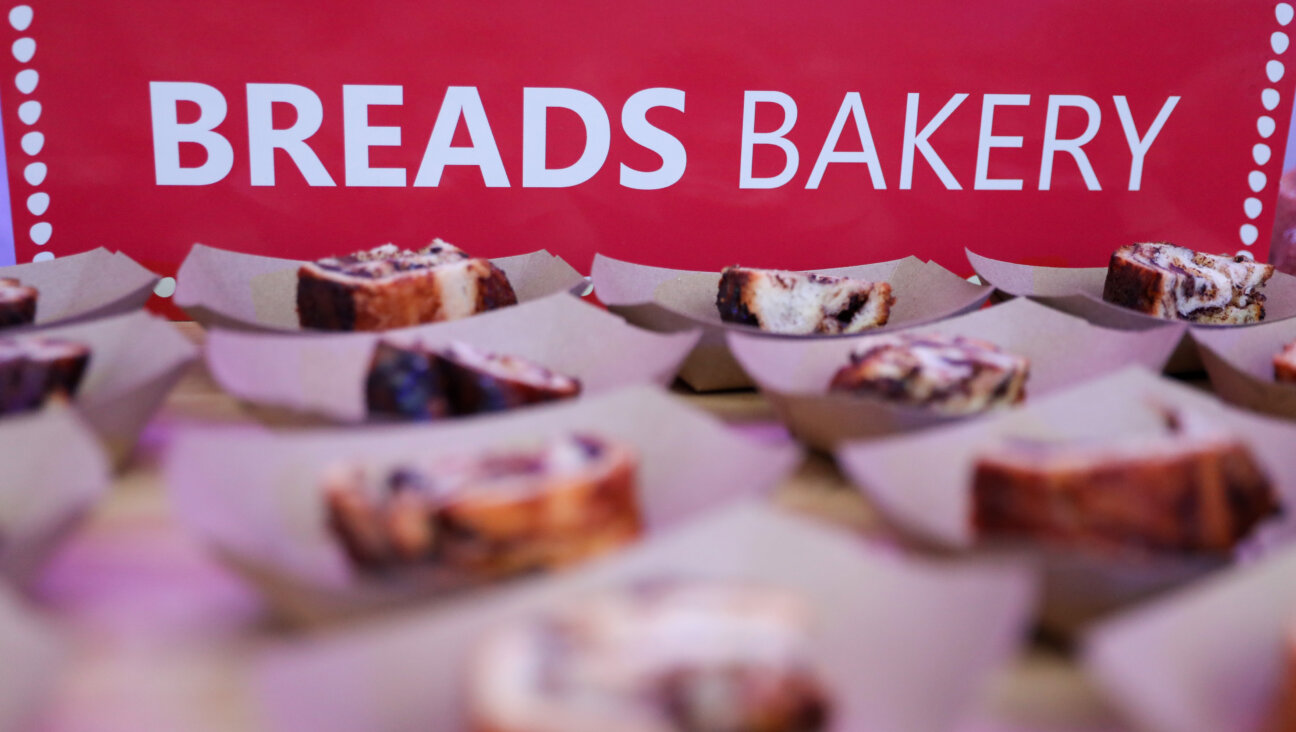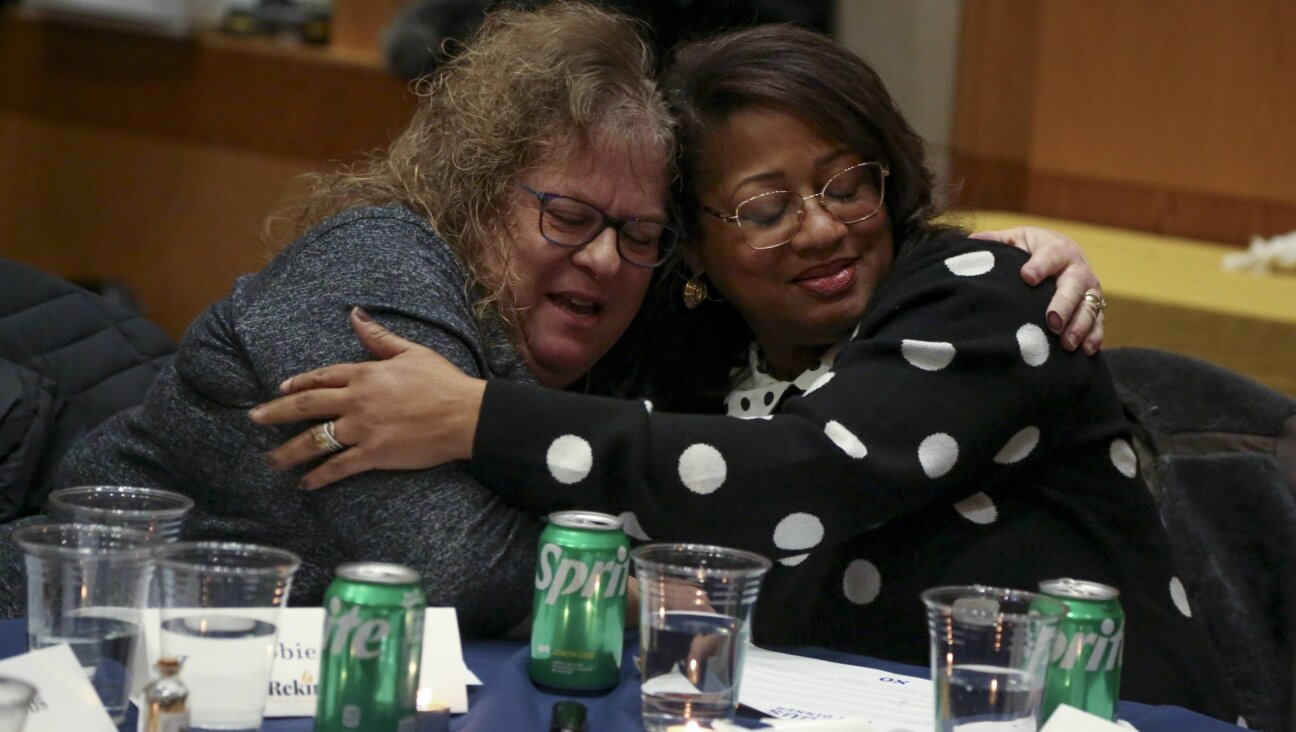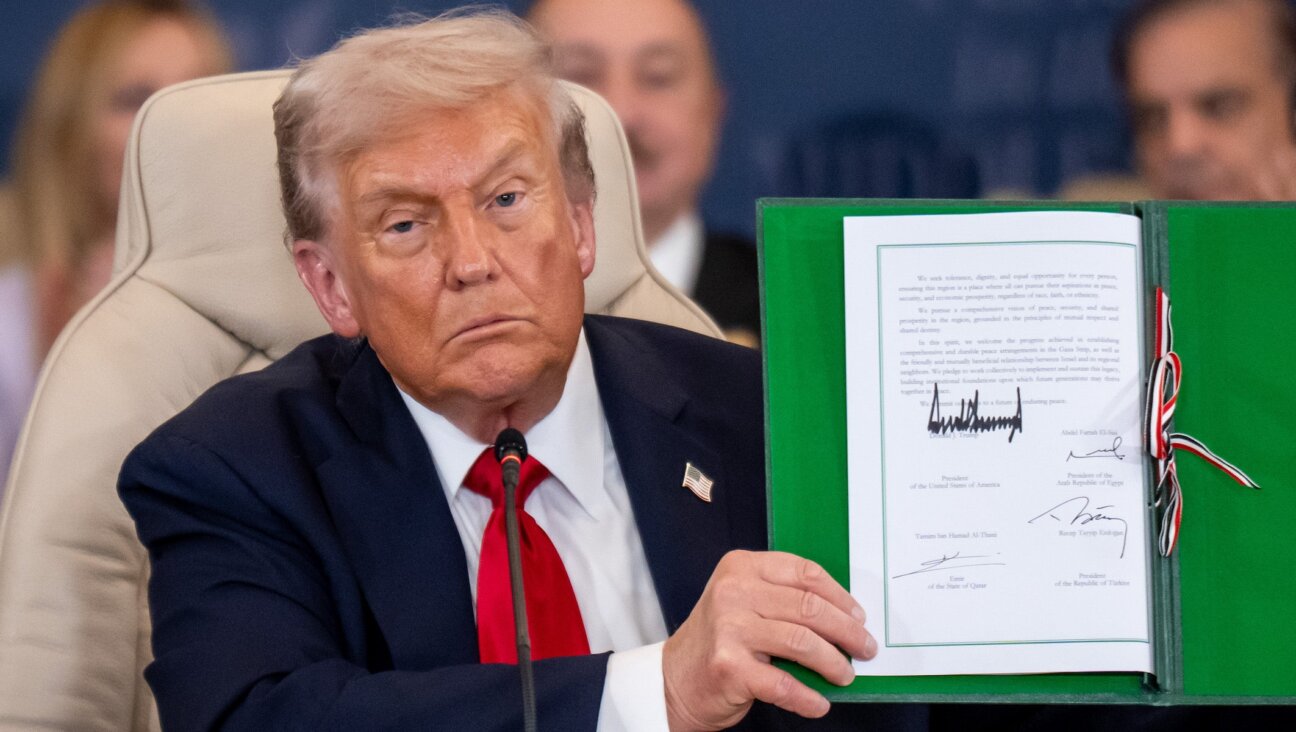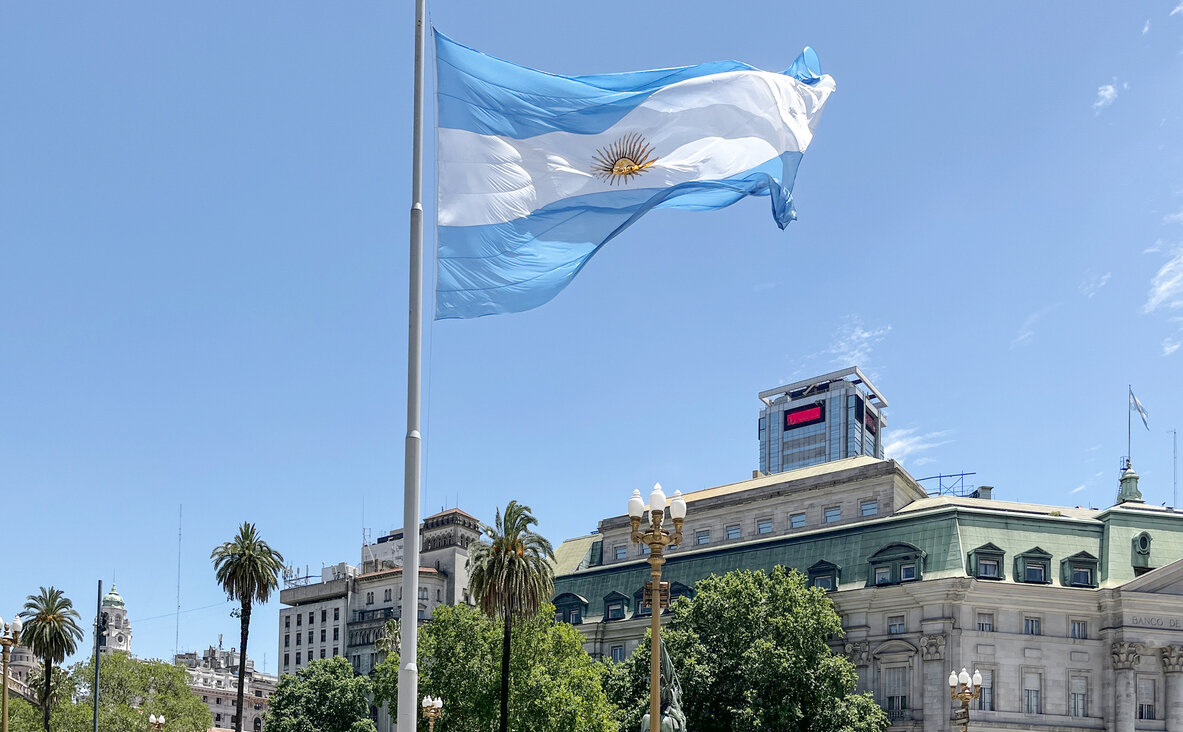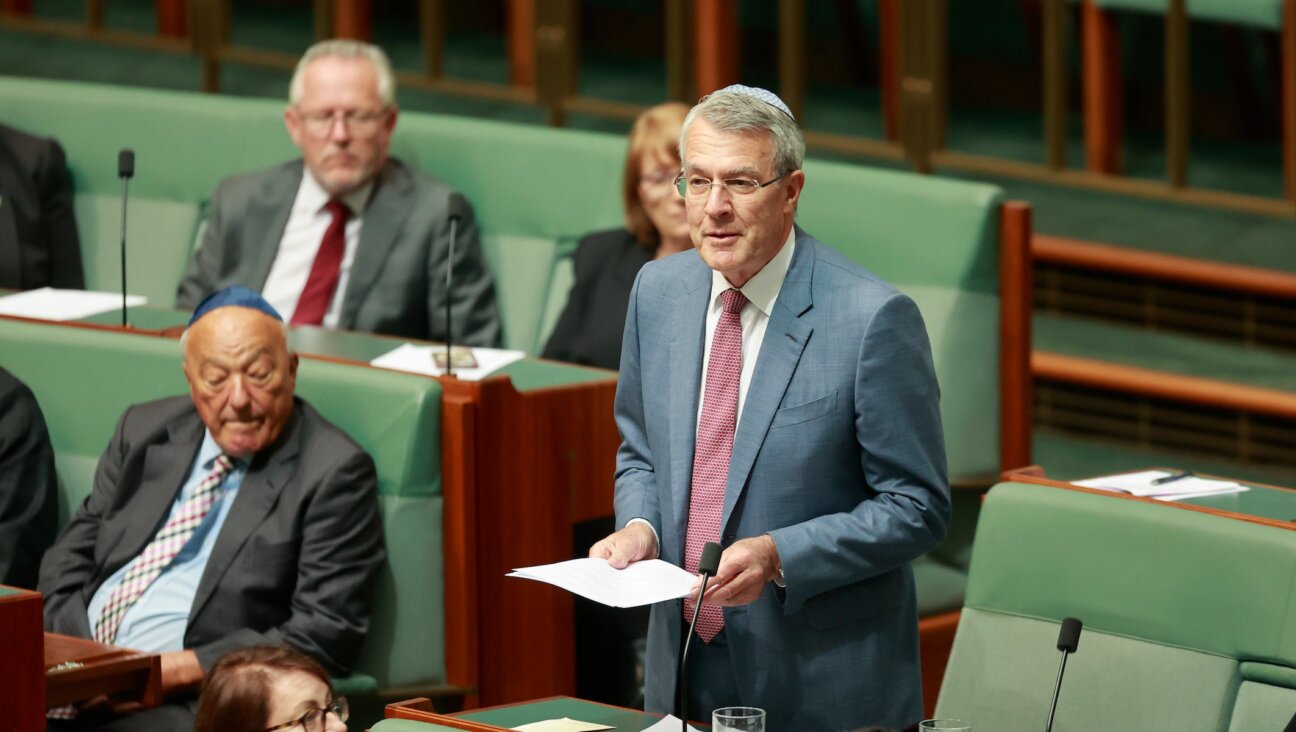‘Clash of Civilizations’ Hits Europe
AMSTERDAM — After serving for three decades as the unofficial capital of Europe’s anything-goes, post-modern culture of tolerance, the Netherlands has been transformed with astonishing rapidity in the past three weeks into ground zero of whatever it is that is coming next. Some call it the painful, halting birth of a new era of realism. Others call it the beginning of jihad on European soil.
However it is defined, there is little dispute about when it began: November 2, 2004. That was the day that filmmaker and anti-immigrant provocateur Theo Van Gogh was savagely stabbed to death on an Amsterdam street, allegedly by a 25-year-old Moroccan immigrant with suspected ties to Al Qaeda. In a note impaled on the mutilated body, the killer assailed Van Gogh for his recent film on Islamic attitudes toward women and threatened the film’s writer, the Somali-born Dutch lawmaker Ayaan Hirsi Ali. The note included crude antisemitic rants and threats against several other public figures, including the Jewish mayor of Amsterdam, Job Cohen.
The killing touched off a wave of tit-for-tat arson attacks against Dutch mosques and churches — at least 20 at last count. A November 10 police raid on a suspected terrorist safe-house in The Hague led to a day-long siege ending in a gun battle in which four officers were wounded. In neighboring Belgium, a liberal Muslim senator was forced to go into hiding last week after she urged Muslims to speak out against the Van Gogh killing and was herself threatened by Islamic militants. In Antwerp, Belgium’s second city, an Orthodox Jewish man was found shot to death near the city’s diamond district November 18 under circumstances that remain unclear. Police now believe the motive was not antisemitic, but many observers are skeptical.
The incidents have inspired a round of soul-searching across Europe. Typical of the new attitude is the statement by lawmaker Jozias van Aartsen of Holland’s ruling Christian Democrats: “The jihad has come to the Netherlands.” Even The Guardian, Britain’s famously liberal newspaper, commented: “The clash of civilizations is moving closer to home.”
European Union justice and interior ministers, meeting in Brussels last week to discuss the crisis, adopted an 11-point set of nonbinding “guidelines” for improved integration of immigrants, urging that immigrants learn local languages and accept “European values” while calling for more jobs and health care. Dutch Minister for Immigration Rita Verdonk, who chaired the meeting, noted afterward that as many as 500,000 Turkish and Moroccan immigrants in the Netherlands — close to half the nation’s Muslim population — do not speak Dutch.
“It’s not like we are against immigration,” Verdonk told reporters. “If you want to live in the Netherlands, you have to adhere to our rules… and learn our language.”
The ministers’ statements might represent the beginning of a new sobriety among European leaders, who have been seen as reluctant until now to depict Europe’s relations with its growing Muslim minority — some 20 million in a total E.U. population of 457 million, or 4% — as raising any issues beyond tolerance and minority rights.
The Netherlands in particular has been famous for its tolerant attitude toward other cultures and its embrace of refugees. Muslims, currently some 1 million in a total population of 16 million, first began arriving from Morocco and Turkey in the 1970s as foreign workers. They were joined in the 1980s and 1990s by asylum seekers from Africa and Asia.
Tensions have been mounting in the last decade, partly in response to growing problems of unemployment and crime in the largely Muslim immigrant ghettos of Amsterdam, Rotterdam and other cities. Adding to the tensions, many observers say, is the growing religiosity of the Muslim community. One visible sign is the widespread wearing of headscarves by women and girls in an apparent attempt to differentiate themselves from the indigenous Dutch population known for its free sexual morals and nonchalant dress.
In 2002 a mounting anti-immigrant backlash led to the unlikely electoral victory of Pim Fortuyn, a maverick gay activist whose parliamentary platform combined social liberalism and reduced immigration. He was assassinated just a week before his new party was elected to parliament, instantly becoming one of the nation’s three largest parties. Today, his killing seems a foreshadowing of the Van Gogh murder. Fortuyn’s killer, a leftist noted at the time mainly for his environmentalism, said his action was meant partly “to protect the rights of the Muslims.”
Van Gogh, 47, the great-grandson of Vincent Van Gogh’s brother, was a Howard Stern-like figure long known for his scatological treatment of sacred cows from Anne Frank to Jesus. He once accused a Jewish critic of having “wet dreams about Dr. Mengele.”
His last film, “Submission,” was an 11-minute short subject that showed a Muslim woman in a see-through burqa or full-length gown, her body decorated with phrases from the Quran. The film’s writer, Hirsi Ali, is a Somali-born Muslim woman who serves in parliament with the liberal VVD party. The film was denounced furiously by Muslim groups here and abroad.
Van Gogh’s killing has touched off a national debate — in the media, in public forums and in intergroup dialogue sessions — over the borders of free expression and the rights of minorities, particularly when the minority views themselves are intolerant. Following the torching of a Muslim school, Dutch Queen Beatrix paid a public visit to the Moroccan community. The visit drew protests from critics who said she should have first visited Hirsi Ali, who has been in hiding since the murder.
Caught in the middle of the upheaval is the 25,000-member Jewish community. Jews have experienced a sharp increase in antisemitic attacks, mainly from Muslims, since the outbreak of Israeli-Palestinian violence in 2000. At the same time, Jews are under siege from liberals and human rights activists who have recently begun questioning the legality of male circumcision and kosher slaughtering. Those issues find Jews allied with Muslims.
An Israeli diplomat here, speaking on condition of anonymity, told the Forward that the Van Gogh assassination and its aftermath are the beginning of a much bigger Muslim-Christian crisis. “Holland is a very open society and therefore it is vulnerable to attacks,” the diplomat said. “The Dutch have been too tolerant, too indifferent to the growth of fanatical Islam in Holland. They think that ultimately the Muslims will form a sort of moderate, European Islam. But that is naive.”
